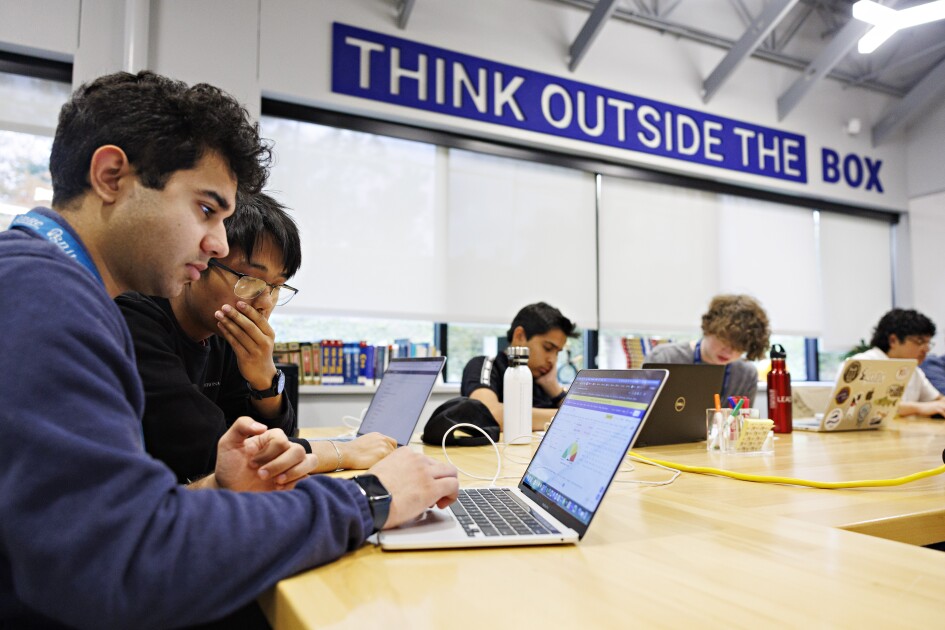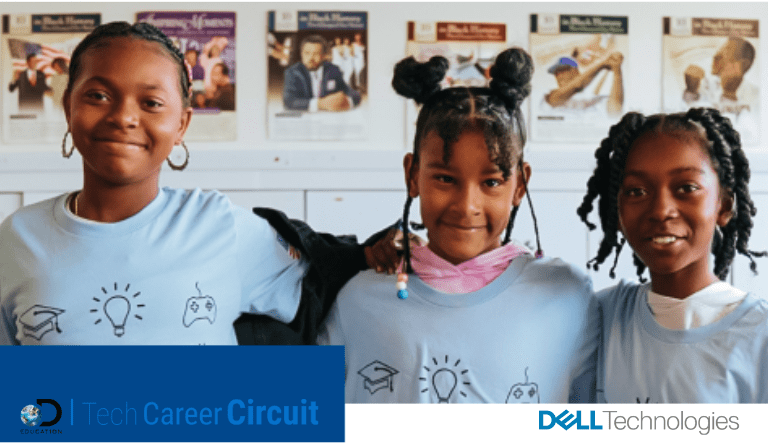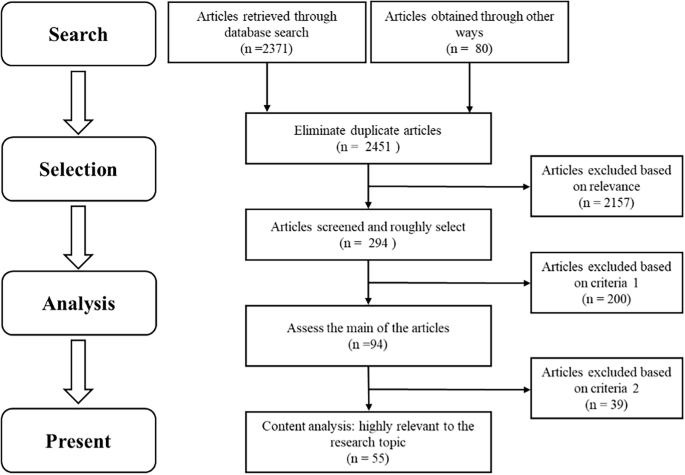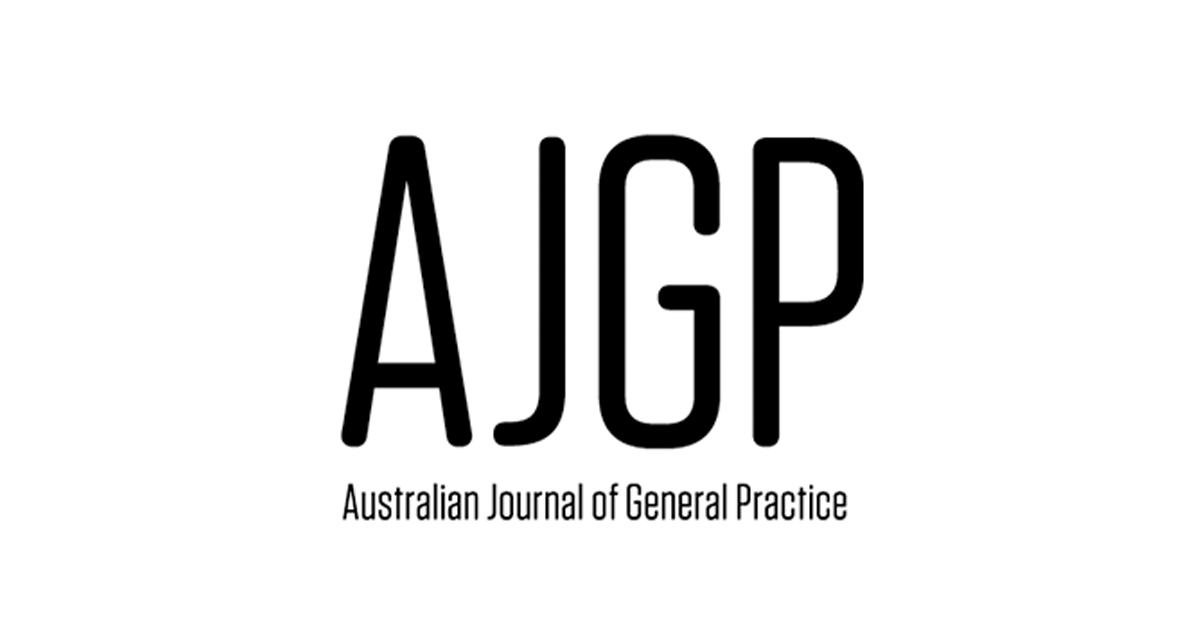
What Trump's Department of Education dismantle means for the future of AI in schools
The Trump administration's efforts to dismantle the Department of Education are prompting schools to seek alternative support through technology, particularly artificial intelligence, as federal funding cuts threaten programs like tutoring and special education. While AI tools offer potential solutions, educators emphasize the continued need for skilled adult interaction to effectively address educational gaps and support students, especially in low-income and underserved communities.








